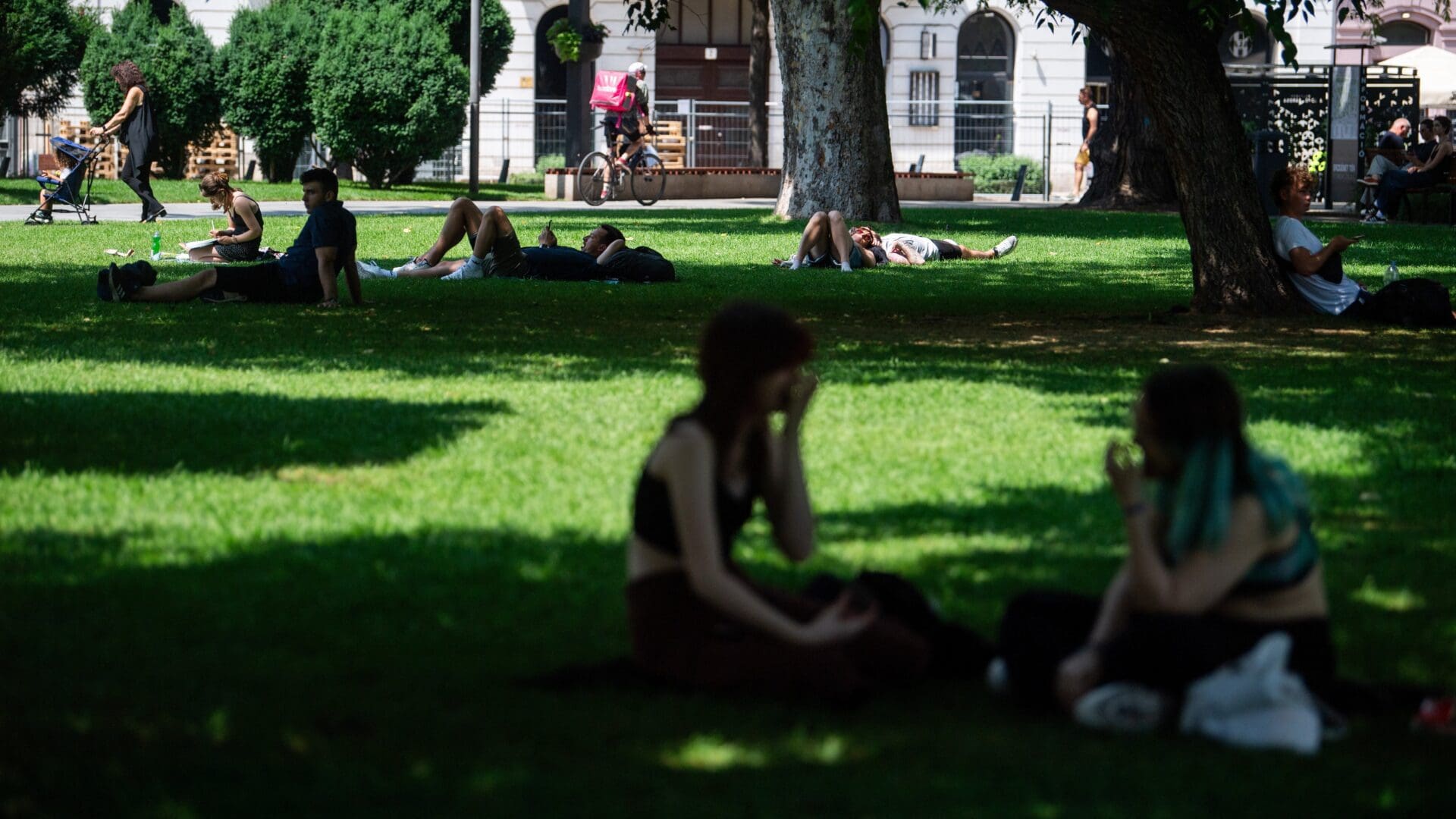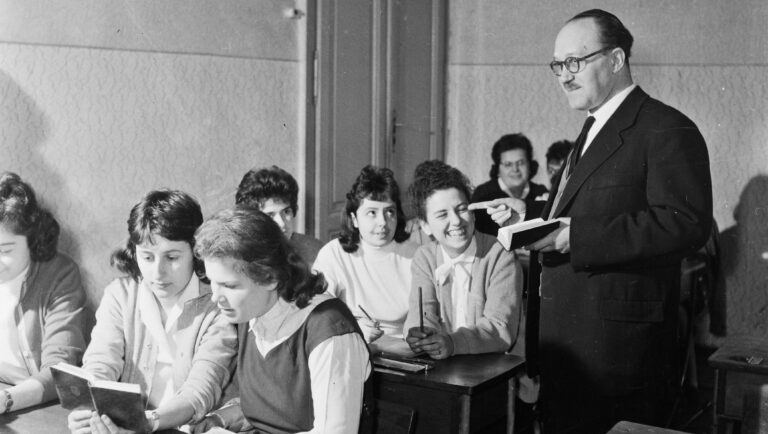According to a survey conducted by the Youth Research Institute, the majority of Hungarian youth envision their future as owning a home, being married, having children, and living in Hungary by 2050.
Young People Optimistic About Owning a Home in the Future
Within the age group of 15 to 39 years, approximately three quarters of the respondents consider it likely that they will live in their own house/apartment (76 per cent), be married (75 per cent), and reside in Hungary (72 per cent) by 2050. More than half of the respondents (52 per cent) find all three statements equally probable, while less than one-tenth (8 per cent) do not believe in any of these scenarios.
Majority Plan to Have Children
Two-thirds of the respondents (68 per cent) plan to have children by 2050, and an equal proportion expects to be in a better financial position than now. The research suggests that the current financial situation of the respondents influences their outlook for 2050: those who currently do not struggle with financial difficulties tend to be more optimistic about their financial situation in 2050. Conversely, the worse the financial circumstances reported by a young person, the less optimistic a vision they have for their prospects in 2050.
Perception of Job Prospects
Nearly two-thirds of those aged 15 to 39 (64 per cent) are rather certain that they will be working in a job that aligns with their current studies or occupation in 2050. However, the respondents’ opinions are more evenly split on whether the communication with their colleagues will be mostly in Hungarian or a foreign language (45-44 per cent).
Gender Differences
Regarding gender differences, women are more inclined to believe that they will be retirees in 2050 (39 per cent vs. 30 per cent), live in Hungary (76 per cent vs. 69 per cent), or have their own property (79 per cent vs. 73 per cent). On the other hand, men consider the likelihood of having children to be higher (70 per cent vs. 66 per cent).
The research indicates that as age increases, the proportion of those considering the likelihood of owning a home, being married, and living in Hungary also increases. Conversely, in terms of working in a foreign language environment, having a better financial situation than currently, and having children, the relationship with age is reversed.
More details of the research will be presented at the MCC Fest, in the tent of the Youth Research Institute. The findings of the survey will later be available on the Institute’s official website.
Related articles:







